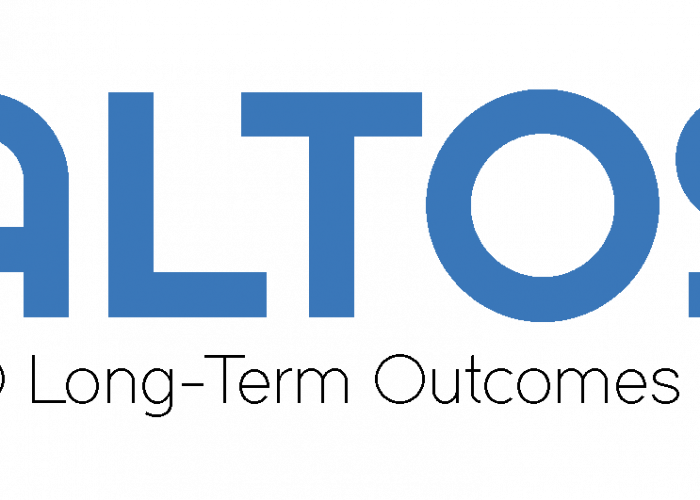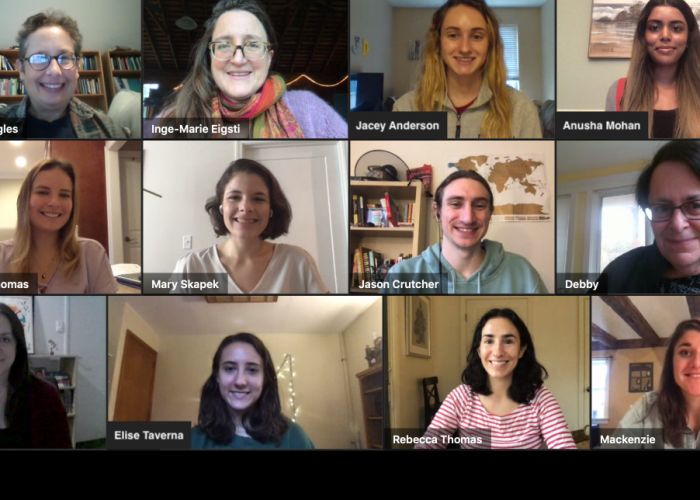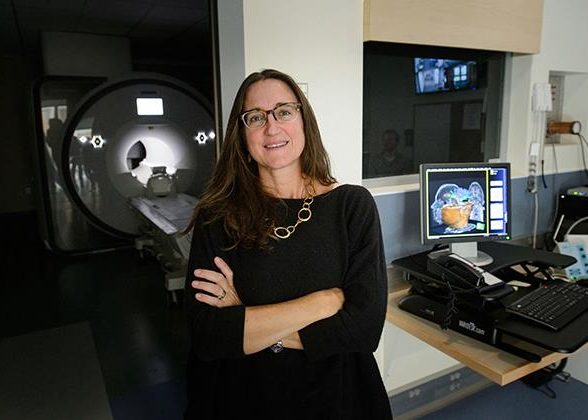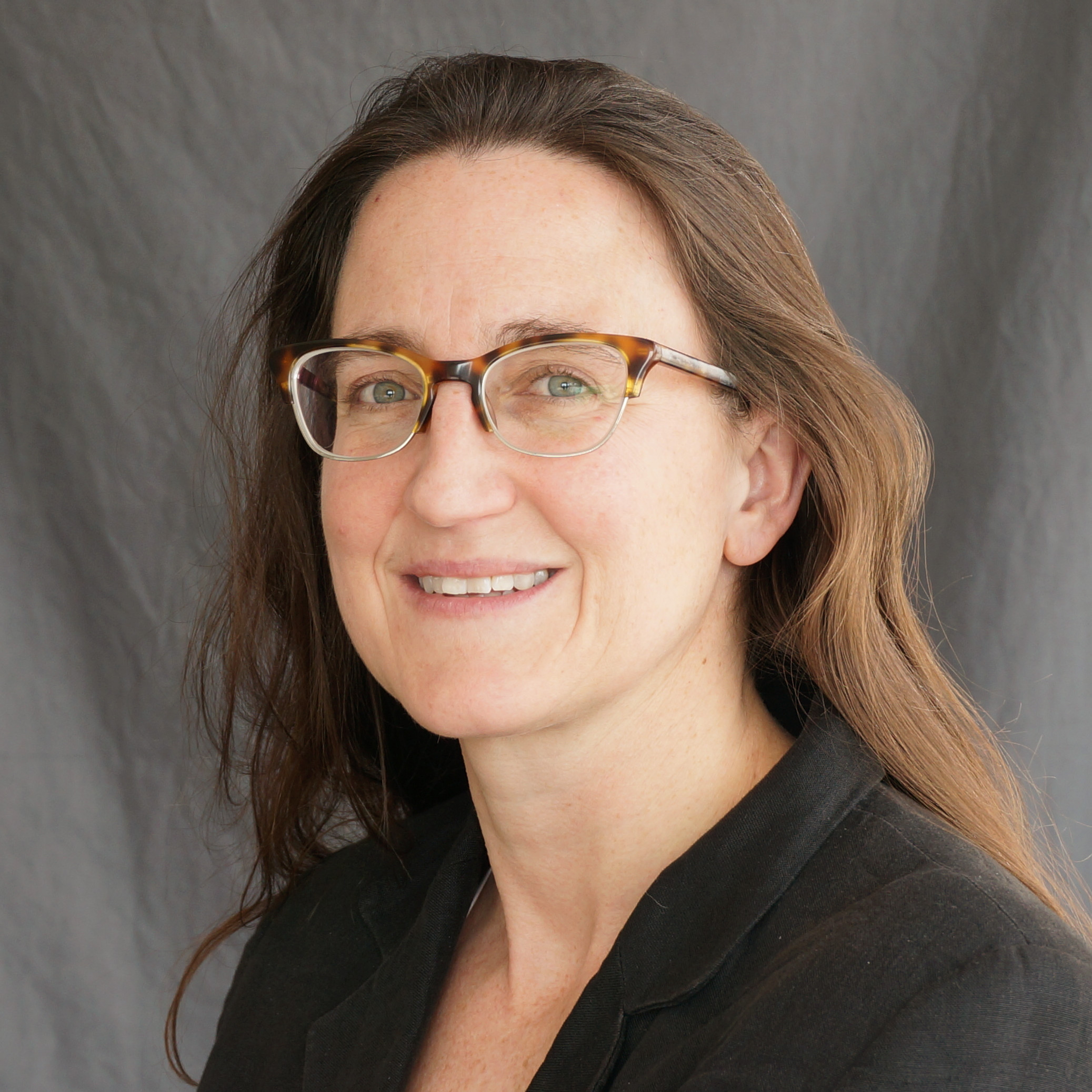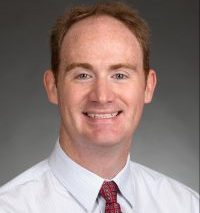In prior work, we showed that some individuals diagnosed with Autism Spectrum Disorder early in life later lose the symptoms of ASD. Our current study looks at a group of such individuals who are now young adults; we are asking how they are doing, especially as they become more independent. We are also studying adolescents who were diagnosed by our team in early childhood, to identify early childhood predictors of long-term outcomes, and to look at how their brains process social and non-social information. More broadly, this study probes early developmental predictors of important long-term outcomes (including things like happiness and satisfaction) in individuals with a history of early language/social delays.
Become a part of our ALTOS Study
We are looking for individuals both with and without a history of autism spectrum disorder (ASD) or language delay to take part in our research. There are several different ways to participate in this study; click on the options below to learn about how to get involved!
You may also contact us by phone: 860-486-3085
Ages 12-18
If your child is between the ages 12-18 years old and is interested in participating in an online study, we would love to hear from you.
Due to COVID-related closures, we are conducting the first portion of the study online, and will invite you for an in-person visit later on.
Please contact us to learn more! A member of our research team will follow up to ask you some questions over the phone and determine whether your child is eligible to participate.
Ages 17-40 (online only)
If you are between the ages 17-40 years old and are interested in participating in an online study, we want to hear from you!
You will not have to come to UConn to participate -- everything can be done online.
Please contact us to learn more! A member of our research team will follow up to ask you some questions over the phone and determine whether you are eligible to participate.
Map & Parking
The UConn Brain Imaging Center is located in the David C. Phillips Communication Sciences Building (PCSB). Our address is 2 Alethia Drive, Unit 1271, Storrs CT 06269. Please note: At this time GPS navigation is not reliable. We recommend using Google Maps and entering the Nayden Rehabilitation Clinic as your destination. Two dedicated parking spaces are available for visitors in the circular lot of the David C. Phillips Communication Sciences Building (see map.pdf). Park in one of the spaces marked ‘Reserved – BIRC Visitors Only’. If the reserved spots are full, park in any available spot and we will provide you with a parking pass.
When you arrive, you will be asked to affirm that you can answer ‘No’ to all the posted COVID-19 screening questions and sign in using the paper form at the entrance or using the UConn Location Log. Please remember to sign out when you leave. If you have questions, please contact the researcher coordinating your visit. Let the researcher know as soon as possible if you need to cancel your or reschedule your visit.
From Route 32: Turn onto 275 East (South Eagleville Road) and follow for approximately 2 miles. At the stop light at the junction of routes 32 and 195, turn LEFT onto Route 195 (Storrs Road). Follow directions from Route 195 (below).
From Route 195: Turn onto Bolton Road (between E.O. Smith and the School of Fine Arts.) Take your second RIGHT onto Alethia Drive, and then your second LEFT into the circular parking lot. Park in one of the reserved spaces.
You can print a copy of these directions .pdf
Saliva Collection Instructions
Instructional video courtesy of DNAGenotek
MRI Experience Video
![]() Select this button to open the video in full screen mode (recommended)
Select this button to open the video in full screen mode (recommended)
![]() Select this button to view captions for the video
Select this button to view captions for the video
Investigators
Study Staff
ALTOS Study

altos@uconn.edu
Jhanvi Parikh
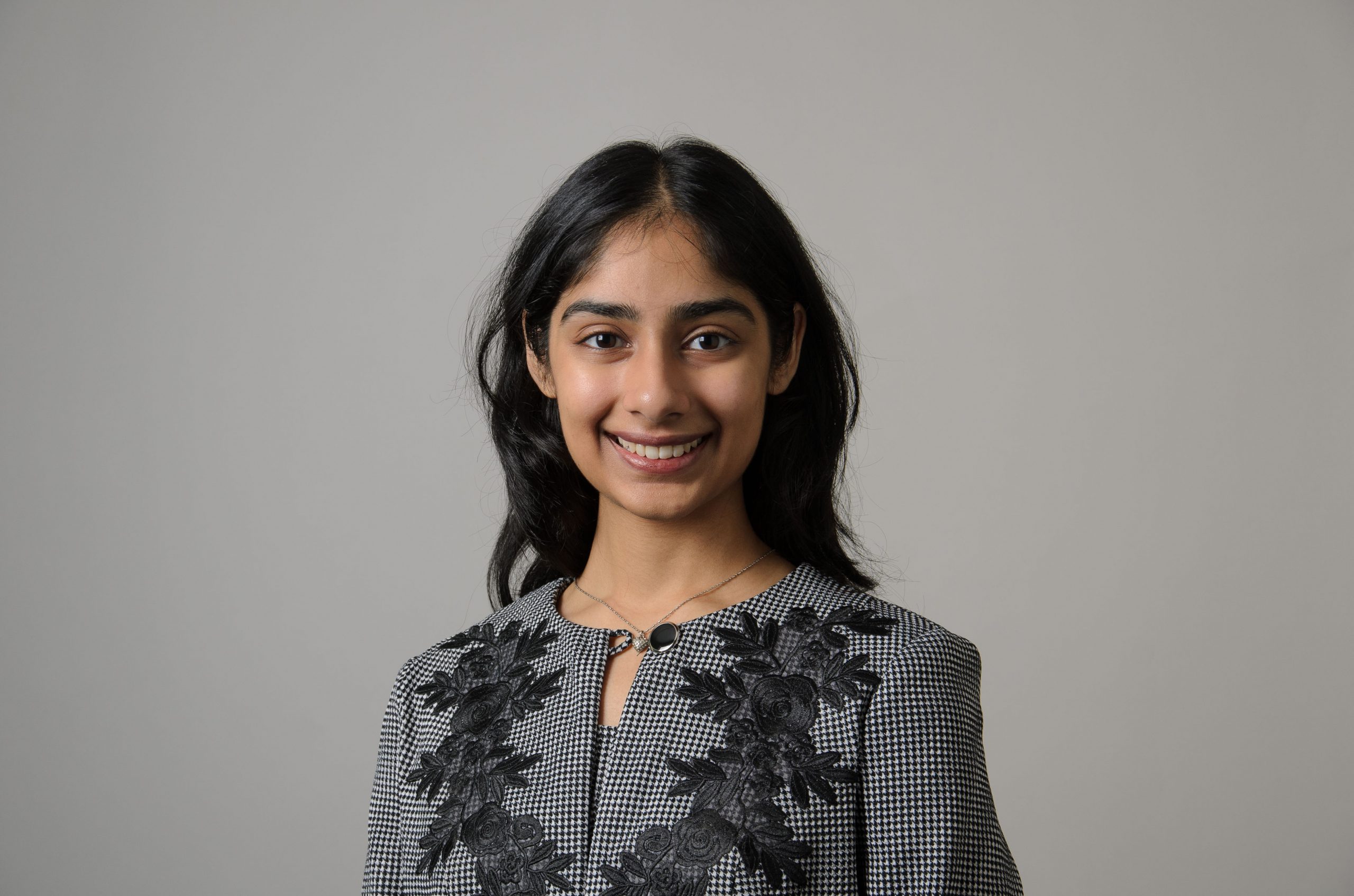
Project Coordinator
Department of Psychological Sciences
jhanvi.parikh@uconn.edu
(860) 486-3085
Collaborators
Postdoctoral Fellows
Caroline Larson, MEd, CCC-SLP/L, PhD
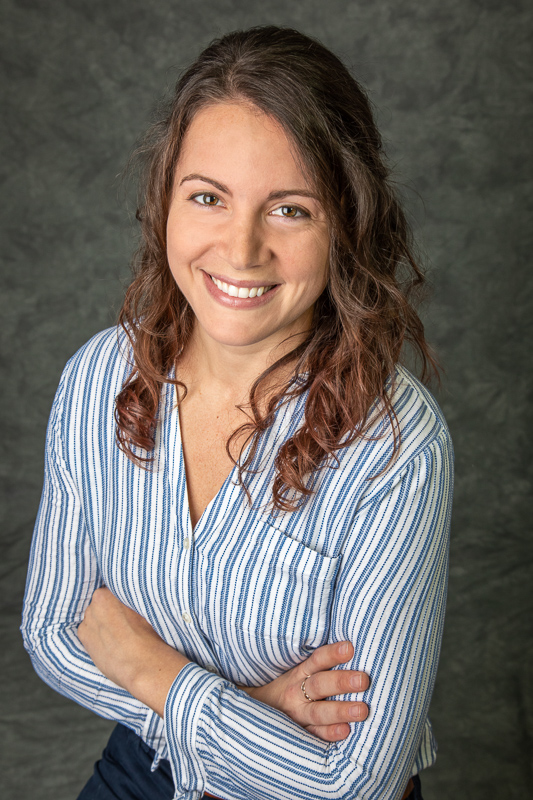
Postdoctoral Fellow, Department of Psychological Sciences
Caroline's research focuses on relationships between language and other cognitive factors in children with language disorders, including Developmental Language Disorder and Autism Spectrum Disorder, with the long-term goal of improving differential diagnosis and treatment.
Melina West, PhD, Project Alumnus
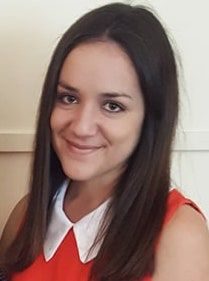
Postdoctoral Fellow
Department of Psychological Sciences
Graduate Students
Jason Crutcher

Graduate Student, CALL Lab
Department of Psychological Sciences
Jason Crutcher is a graduate student in clinical psychology. Before coming to UConn for graduate school, he worked with Dr. Alex Martin at NIMH researching how structural differences in the brain relate to abnormalities in language and social cognition for individuals with autism spectrum disorder. His research interests broadly include language dysfunction in developmental disorders such as ASD. He is particularly interested in neural mechanisms underlying pragmatic language abilities for people with optimal outcomes from ASD. His MS project examines how structural language skills influence externalizing behaviors in youth with and without ASD. He is also pursuing a study of exceptional reading abilities (hyperlexia) in ASD.
Hannah Thomas
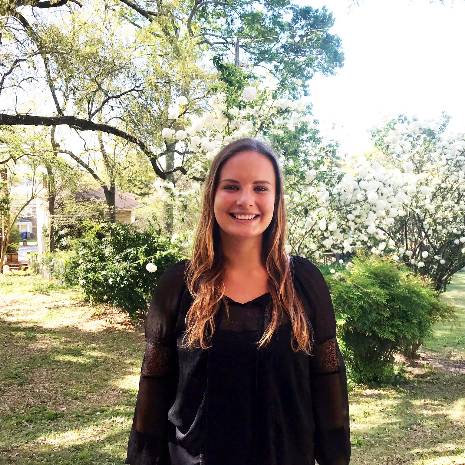
Graduate Student, CALL Lab
Department of Psychological Sciences
Hannah Thomas is a graduate student in Clinical Psychology. Her research interests include the neural mechanisms underlying language development in ASD as well as the neural and behavioral presentations of comorbidities in autism (e.g., anxiety, ADHD). Before joining UConn, Hannah worked with Dr. So Hyun “Sophy” Kim at Weill Cornell Medicine where she primarily worked on studies investigating predictors of school readiness in kindergarteners with autism and the neuronal and behavioral correlates of ASD and ADHD.
Elise Taverna, MS
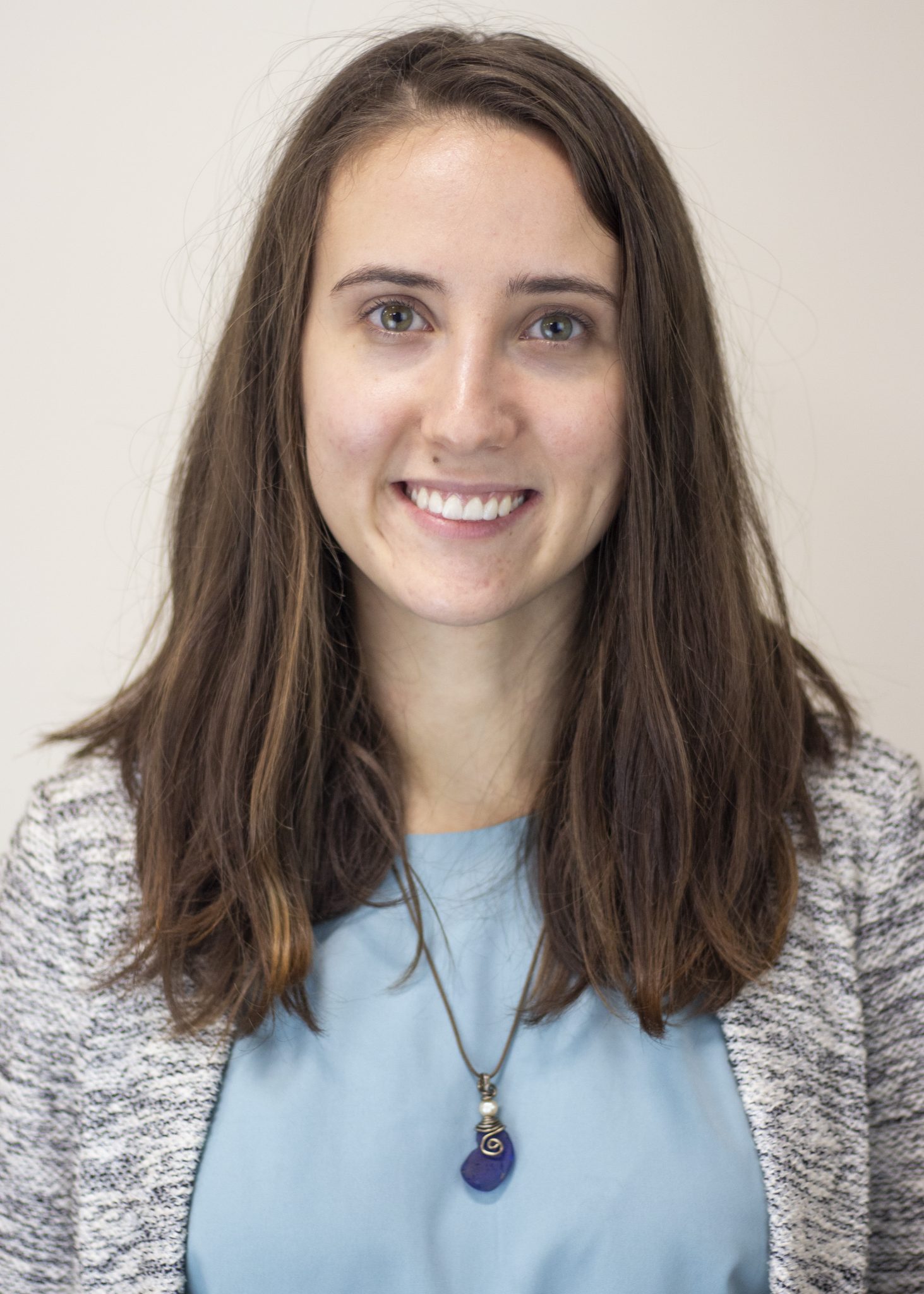
Graduate Student, CALL Lab
Department of Psychological Sciences
Elise Taverna is a graduate student in Clinical Psychology. Her research interests broadly include the cognitive and environmental factors underlying language and social outcomes in individuals with autism spectrum disorders, as well as mechanisms of optimal outcomes in ASD. Previously, she worked with Sophie Molholm at Albert Einstein College of Medicine, coordinating neuroimaging studies of sensory processing and cognition in autism spectrum disorders and other conditions. Her MA project, currently under review, examines the interaction of fine motor and structural language skills in youth with autism spectrum disorder.
Mackenzie Stabile

Graduate Student, CALL Lab
Department of Psychological Sciences
Mackenzie's research focuses on pragmatic language use in ASD, with a particular interest in the extent to which differences influence communicative quality during naturalistic social interactions. Ultimately, she hopes that this research will both inform interventions and improve outcomes for individuals on the spectrum.
Rebecca Canale

Graduate Student, CALL Lab
CNC-CT T32 Fellow
Department of Psychological Sciences
Becca's research focuses on the neural basis of language learning in children with language disorders, such as Autism Spectrum Disorder (ASD), with the long-term goal of using neuroimaging to facilitate the early diagnosis of ASD.
Rebecca Thomas, MA, MS
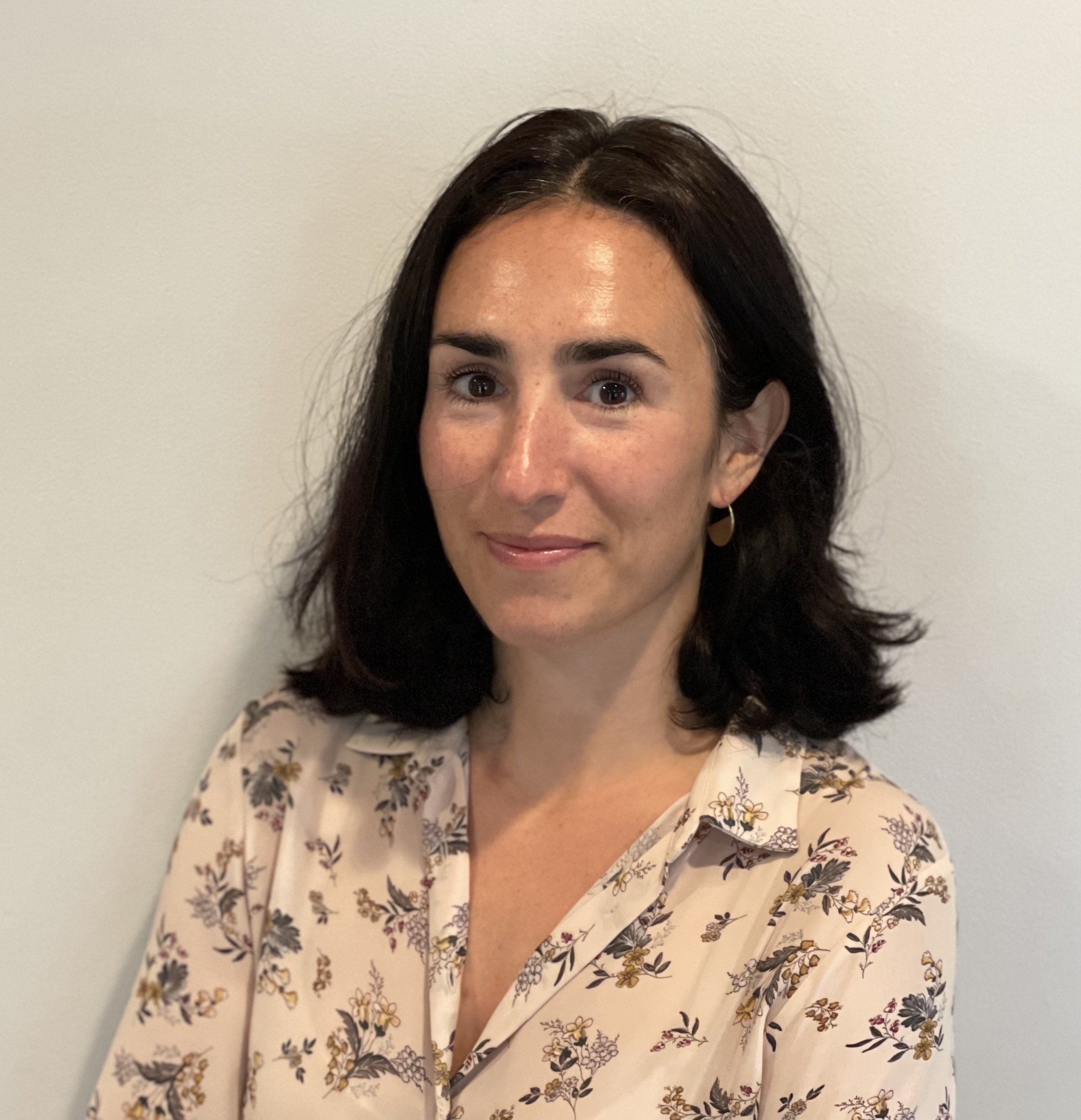
Graduate Student, Early Detection Lab
Department of Psychological Sciences
https://rebecca-p-thomas.grad.uconn.edu/
Becca’s research focuses on symptoms that distinguish developmental delay from autism spectrum disorder in toddlers, as well as behavioral features that inform initial diagnostic impressions of ASD in toddlers and young adults.
Mary Dieckhaus, MS

Graduate Student, Early Detection Lab
Department of Psychological Sciences
Mary’s research focuses on the assessment of early communication skills in toddlers with autism spectrum disorders, as well as the implications of social experiences, such as camouflaging, on long-term mental health outcomes of individuals with ASD.
Gabrielle Michel
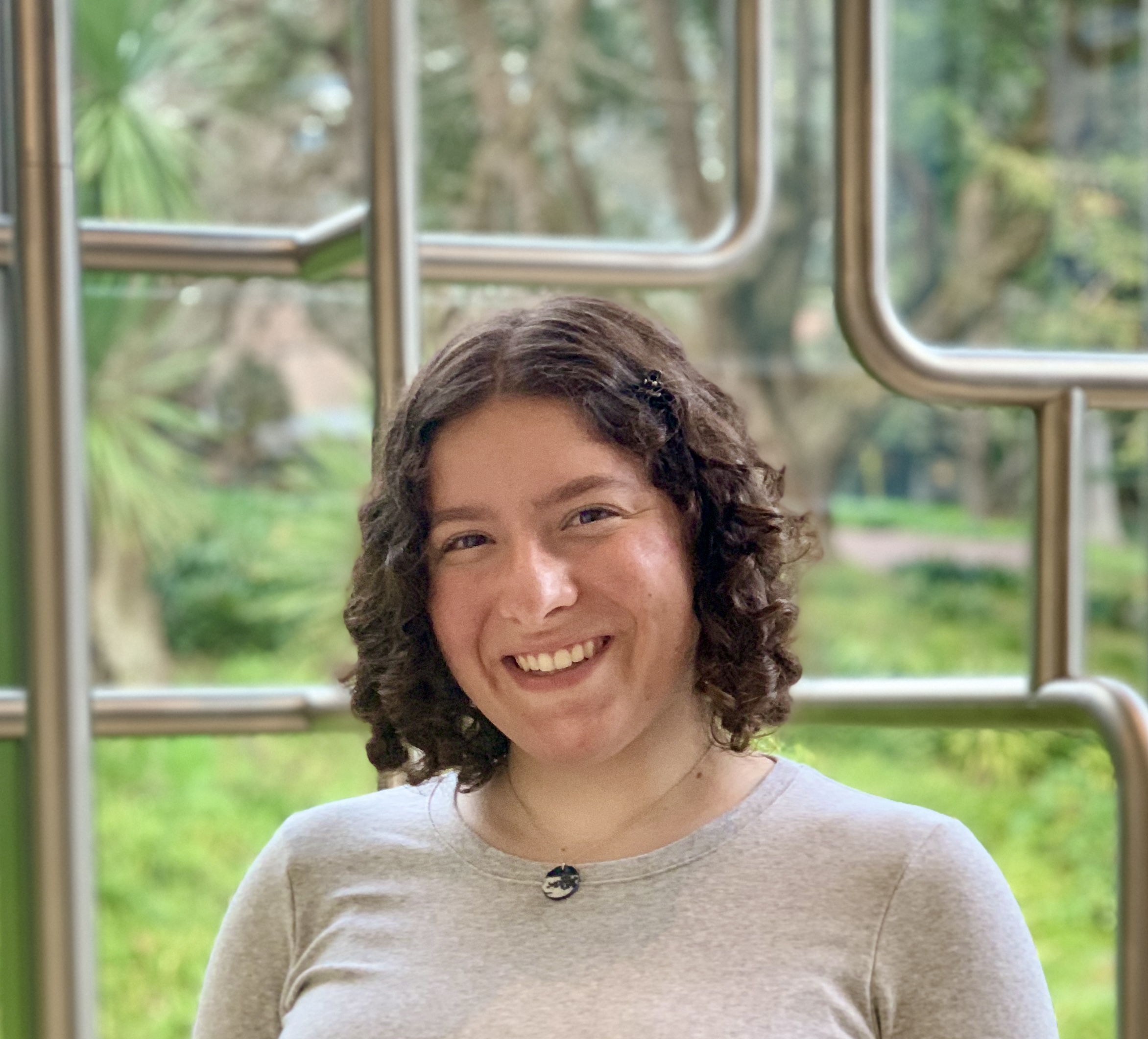
Graduate Student, CALL Lab
Department of Psychological Sciences
Publications
Neuroimaging Findings
Language comprehension and brain function in individuals with an optimal outcome from autism
Eigsti, I. M., Stevens, M., Schultz, R., Barton, M., Kelley, E., Naigles, L. R., . . . Fein, D. A. (2016). Language comprehension and brain function in individuals with optimal outcomes from autism. NeuroImage: Clinical, 10, 182-191. doi:http://dx.doi.org/10.1016/j.nicl.2015.11.014
Developmental Findings
Accelerated head and body growth in infants later diagnosed with autism spectrum disorders: A comparative study of optimal outcome children
Mraz, K.D., Dixon, J., Dumont-Mathieu, T., & Fein, D. (2009). Accelerated head and body growth in infants later diagnosed with autism spectrum disorders: A comparative study of optimal outcome children. Journal of Child Neurology, 24(7), 833-845. doi:10.1177/0883073808331345
Behavioral Findings
Academic and Executive Function
Academic abilities in children and adolescents with a history of autism spectrum disorders who have achieved optimal outcomes
Troyb, E., Orinstein, A., Tyson, K., Helt, M., Eigsti, I. M., Stevens, M., & Fein, D. (2013). Academic abilities in children and adolescents with a history of autism spectrum disorders who have achieved optimal outcomes. Autism, 18(3), 233-243. doi: 10.1177/1362361312473519
Executive functioning in individuals with a history of ASDs who have achieved optimal outcomes
Troyb, E., Rosenthal, M., Eigsti, I. M., Kelley, E., Tyson, K., Orinstein, A., . . . Fein, D. (2013). Executive functioning in individuals with a history of ASDs who have achieved optimal outcomes. Child Neuropsychology, 3(3). doi:10.1080/09297049.2013.799644
Symptoms
Psychiatric Symptoms in Youth with a History of Autism and Optimal Outcome
Orinstein, A., Tyson, K. E., Suh, J., Troyb, E., Helt, M., Rosenthal, M., Barton, M., Eigsti, I.M., . . . Fein, D. A. (2015). Psychiatric Symptoms in Youth with a History of Autism and Optimal Outcome. Journal of Autism and Developmental Disorders, 45(11), 3703-3714. doi: 3710.1007/s10803-10015-12520-10808.
Social Function and Communication in Optimal Outcome Children and Adolescents with an Autism History on Structured Test Measures
Orinstein, A. J., Suh, J., Porter, K., De Yoe, K. A., Tyson, K. E., Troyb, E., Barton, M., Eigsti, I.M., Stevens, M., Fein, D. A. (2015). Social Function and Communication in Optimal Outcome Children and Adolescents with an Autism History on Structured Test Measures. J Autism Dev Disord., 45(8), 2443-2463. doi: 2410.1007/s10803-10015-12409-10806.
Ratings of Broader Autism Phenotype and Personality Traits in Optimal Outcomes from Autism Spectrum Disorder
Suh, J., Orinstein, A., Barton, M., Chen, C. M., Eigsti, I. M., Ramirez-Esparza, N., & Fein, D. (2016). Ratings of broader autism phenotype and personality traits in optimal outcomes from autism spectrum disorder. Journal of Autism and Developmental Disorders, 46, 3505-18. 10.1007/s10803-016-2868-4
Restricted and Repetitive Behaviors in Individuals with a History of ASDs Who Have Achieved Optimal Outcomes
Troyb, E., Orinstein, A., Tyson, K., Eigsti, I. M., Naigles, L., & Fein, D. (2014). Restricted and repetitive behaviors in individuals with a history of ASDs who have achieved optimal outcomes. Journal of Autism and Developmental Disorders, 44(12), 3168-3184. doi: 10.1007/s10803-014-2182-y
Intervention History
Intervention for Optimal Outcome in Children and Adolescents with a History of Autism
Orinstein, A., Helt, M., Troyb, E., Tyson, K., Barton, M. L., Eigsti, I. M., . . . Fein, D. A. (2014). Intervention for optimal outcome in children and adolescents with a history of autism. Journal of Developmental and Behavioral Pediatrics, 35(4), 247-256. doi:10.1097/DBP.0000000000000037
Language
Language and Verbal Memory in Individuals with a History of Autism Spectrum Disorders Who Have Achieved Optimal Outcomes
Tyson, K., Kelley, E., Fein, D., Orinstein, A., Troyb, E., Barton, M., Eigsti, I.M.,. . . Rosenthal, M. (2014). Language and verbal memory in individuals with a history of autism spectrum disorders who have achieved optimal outcomes. Journal of Autism and Developmental Disorders, 44(3), 648-663. doi: 610.1007/s10803-10013-11921-10809.
Story Goodness in Adolescents With Autism Spectrum Disorder (ASD) and in Optimal Outcomes From ASD
Canfield, A. R., Eigsti, I. M., de Marchena, A., & Fein, D. (2016). Story goodness in adolescents with autism spectrum disorders and in optimal outcomes from ASD. Journal of Speech, Language and Hearing Research, 59, 533–545. doi:10.1044/2015_JSLHR-L-15-0022
Narrative Performance of Optimal Outcome Children and Adolescents with a History of an Autism Spectrum Disorder (ASD)
Suh, J., Eigsti, I. M., Naigles, L. R., Barton, M., Kelley, E., & Fein, D. (2014). Narrative performance of Optimal Outcome children and adolescents with a history of an autism spectrum disorder (ASD). Journal of Autism and Developmental Disorders, 44, 1681-1694. doi: 10.1007/s10803-014-2042-9
Detail and Gestalt Focus in Individuals with Optimal Outcomes from Autism Spectrum Disorders
Fitch, A., Fein, D. A., & Eigsti, I. M. (2015). Detail and gestalt focus in individuals with optimal outcomes from autism spectrum disorders. Journal of Autism and Developmental Disorders, 45(6), 1887-1896. doi: 1810.1007/s10803-10014-12347-10808.
Uh, Um, and Autism: Filler Disfluencies as Pragmatic Markers in Adolescents with Optimal Outcomes from Autism Spectrum Disorder
Irvine, C. A., Eigsti, I. M., & Fein, D. A. (2016). Uh, Um, and autism: Filler disfluencies as pragmatic markers in adolescents with optimal outcomes from autism spectrum disorder. Journal of Autism and Developmental Disorders, 46, 1061-70. doi:10.1007/s10803-015-2651-y
Residual Language Deficits in Optimal Outcome Children with a History of Autism
Kelley E., Paul J.J., Fein D., Naigles L.R. Residual language deficits in optimal outcome children with a history of autism. J. Autism Dev. Disord. 2006;36(6):807–828.
An in-depth examination of optimal outcome children with a history of autism spectrum disorders
Kelley E., Naigles L.R., Fein D.A. An in-depth examination of optimal outcome children with a history of autism spectrum disorders. Res. Autism Spectr. Disord. 2010;4:526–538.
Residual Difficulties with Categorical Induction in Children with a History of Autism
Naigles LR, Kelley E, Troyb E, Fein D. Residual difficulties with categorical induction in children with a history of autism. Journal of Autism and Developmental Disorders. 43: 2048-61. PMID 23321802 DOI: 10.1007/s10803-012-1754-y
More is less: pitch discrimination and language delays in children with optimal outcomes from autism
Eigsti, I. M., & Fein, D. A. (2013). More is less: pitch discrimination and language delays in children with optimal outcomes from autism. Autism Research, 6(6), 605-613. doi: 610.1002/aur.1324. Epub 2013 Aug 1008.
